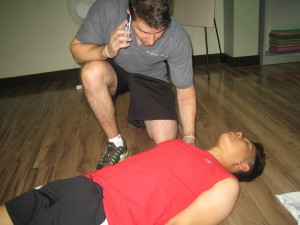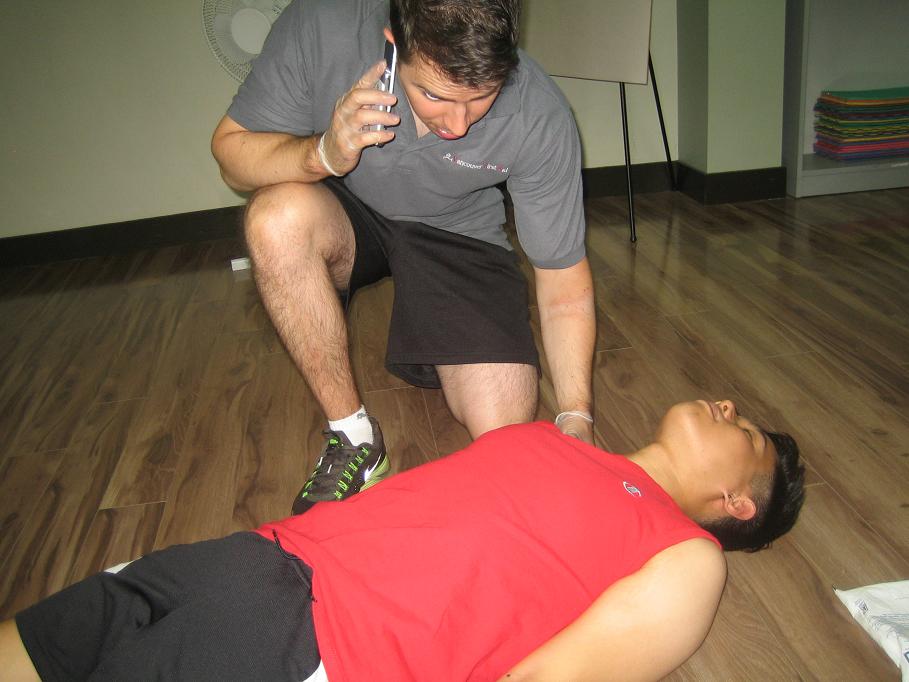https://www.youtube.com/watch?v=_iF-ByukAf8
A snake bite may not be a too common phenomenon especially when you are living in the city. However, it is a rare situation that knowing what to do can spell the difference between life and death. Not all snake bites are dangerous, however, so knowing the different types of snakes in your area is vital in knowing the appropriate actions to take when you are bitten. Thinking fast and acting quickly can help you prevent the serious medical emergency that a snake bite can cause. It is always helpful to learn some first aid basics to know how to respond to this emergency situation.
The danger of a snake bite
Deadly snake bites in North American are a seldom occurrence. Out of 8,000 venomous snake bites only about 12 deaths are accounted in the United States. It is perhaps due to quick thinking and the ability to respond to snake bites that can help prevent the spread of poison to the body that can save the life of a victim.
The venom of a snake can be deadly and it is capable of destroying blood vessels and other organs in the body. It can also result in neurotoxicity that causes damage to the nerves. Preventing the spread of the poison is crucial. Some signs that indicate the spread of a poison include intense pain, bruising, bleeding, rapid pulse, numbness, a tingling sensation, difficulty of breathing and confusion.
Responsive Treatment to a Snake Bite

Deadly snake bites usually occur among hikers. It is important that the moment a snake bite happens that the area in which the snake is in is vacated and that a visual inspection of the snake is conducted by some bystanders. This is important when you reach the emergency room at the hospital where the doctor will need a description about what kind of snake is involved in order to know what kind of emergency treatment will be appropriate for the victim. As you walk away from the snake, try to keep the victim calm. Panicking can cause the victim’s heart to beat faster and make the spread of the venom faster. If you are in a place where help can easily reach you, call 911 immediately and wait for help to arrive. Asking the person to move may increase the spread of the poison. You can also drive the victim to the nearest hospital but make sure he or she moves as little as possible.
Remove the jewelry and tight clothing. A snake bite can cause swelling more rapidly and it may cause the victim a significant discomfort. Do not attempt to suck the blood or make a cut on the skin. Let the person rest and calm as possible until he receives an anti-venom treatment.
References:
Emedicinehealth. Snake Bite. Accesed on June 2, 2014 from http://www.emedicinehealth.com/snakebite/article_em.htm
MedicineNet. Introduction to Snake Bites. Accessed on June 2, 2014 from http://www.onhealth.com/snake_bites/article.htm

